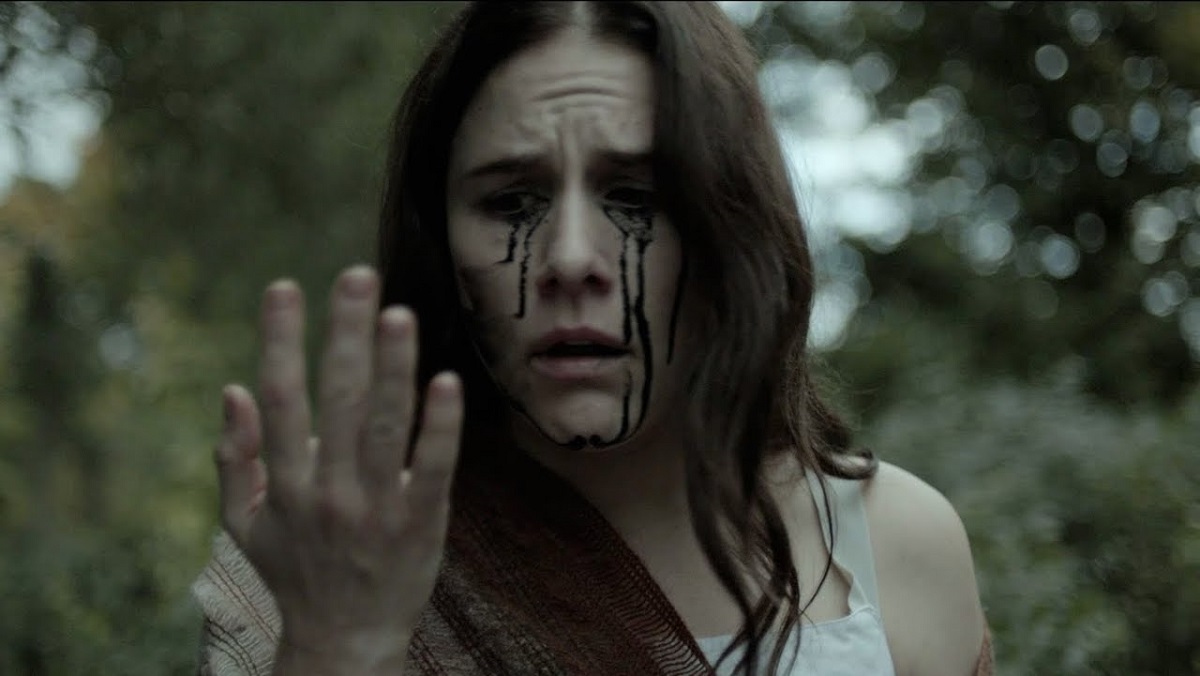Land
by George Wolf
After directing one short film and ten episodes of her House of Cards TV series, Robin Wright makes an assured feature debut with Land, mining one shattered life for graceful insight into healing.
Wright also delivers a touching and understated performance as Edee, a woman who clings to grief as her closest connection to the husband and child she has lost, and who can no longer bear any expectations that she will “get better.”
Moving alone to a remote cabin in the Wyoming wilderness, Edee ignores advice to at least keep a vehicle at her disposal and settles in, wanting nothing else to do with anything or anyone.
No surprise, but Wyoming winters are harsh for the inexperienced. Eventually, it is only the aid of a passing hunter named Miguel (Demián Bichir, also terrific) that saves Edee’s life.
Miguel is carrying emotional scars as well, and the two strike a deal. He will teach her the survival skills she needs, and when the lessons are done, she will never see him again.
The screenplay from Jesse Chatham and Erin Dignam may not blaze any thematic trails, but it does resist following the roads most expected. Of course Edee begins to feel a human connection again, but this point isn’t exploited for a cheap and easy narrative out.
The performances from Wright and Bichir make you care about pain even when you haven’t glimpsed it, giving director Wright a solid emotional base to lean on while deftly unveiling the different lives Edee and Miguel used to lead.
Edee’s memories of her family are brought to the screen with a tenderness from Wright that is both touching and well-played. Woven through the beautifully framed and intimidating Wyoming landscapes are wonderful sketches of visual storytelling.
Yes, we’ve heard Land‘s lessons before, but Wright’s feature debut behind the camera impresses through her fine instincts for subtle over showy, paring those lessons down to an essence as timeless as the majestic skyline.















